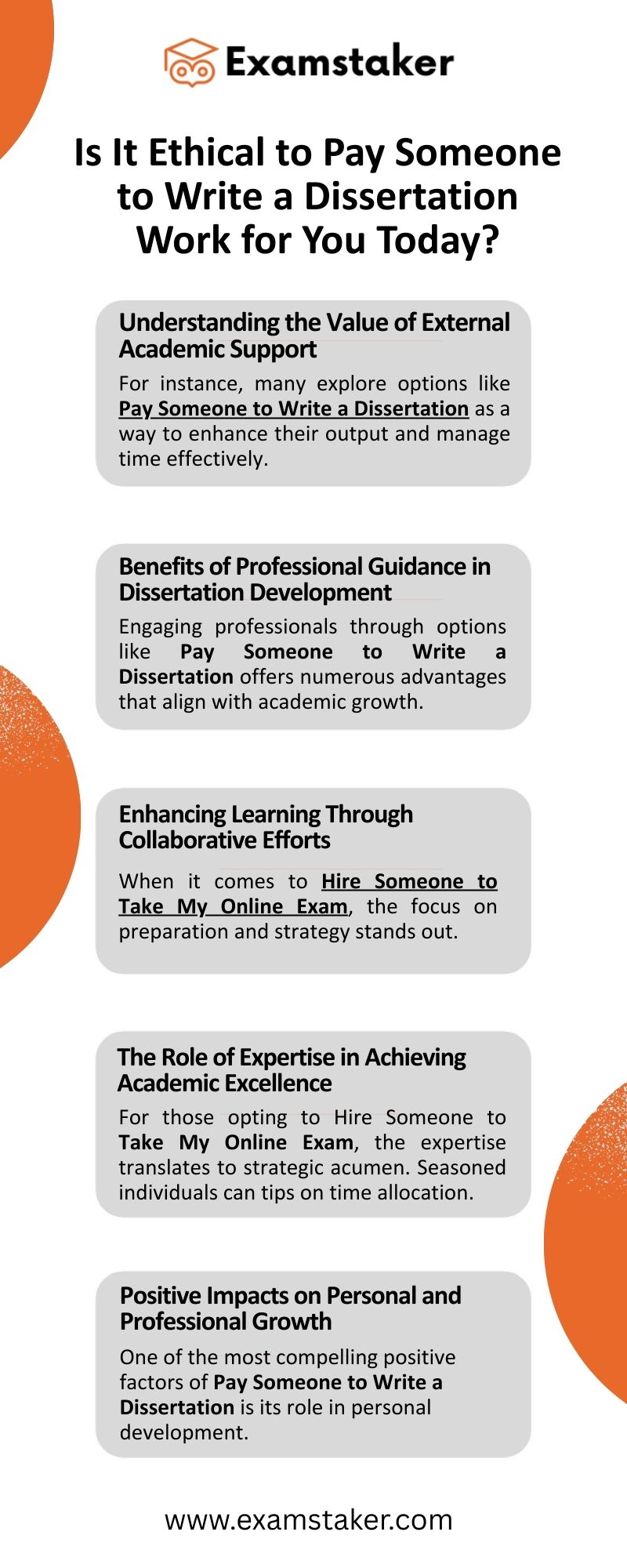Are you looking for the best sexual satisfaction in your life? Ideally, you have reached your destination. Our VIP Indore Escort Service is professional and very appealing in offering erotic pleasure to those men who lack sexual happiness and excitement in their lives. Our girls make hard efforts to please all men in bed so that they can have a noteworthy sexual experience of their whole life. The chances are high; that you might not have met any extraordinary and talented call girls till now. So, we are here as a top escorts agency of Indore with excellent escort services to work for you as per your sexual needs and expectations.
https://kanica.life/
https://indorecallgirls.life/
https://rihaana.life/
https://piuji.in/
https://piuji.in/about-us.html
https://piuji.in/contact-us.html
https://kanica.life/bhopal-escort/
https://kanica.life/khajrana-escort
https://kanica.life/about-us/
https://kanica.life/contact-us/
https://kanica.life/mr-10-road-escort/
https://kanica.life/vijay-nagar-escort/
https://kanica.life/scheme-no-54-escort/
https://kanica.life/abhinandan-nagar-road-escort/
https://kanica.life/alok-nagar-row-houses-escort/
https://kanica.life/annapurna-road-escort/
https://kanica.life/anoop-nagar-escort/
https://kanica.life/ashish-nagar-escort/
https://kanica.life/bairathi-colony-escort/
https://kanica.life/bengali-square-escort/
https://kanica.life/bhagirath-pura-escort/
https://kanica.life/best-anoop-nagar-escort-service/
https://kanica.life/bicholi-mardana-road-escort/
https://kanica.life/bypass-road-escort/
https://kanica.life/chhavni-escort/
https://kanica.life/dhar-road-escort/
https://kanica.life/girdhar-nagar-escort/
https://kanica.life/ida-scheme-140-escort/
https://kanica.life/
https://indorecallgirls.life/
https://rihaana.life/
https://piuji.in/
https://piuji.in/about-us.html
https://piuji.in/contact-us.html
https://kanica.life/bhopal-escort/
https://kanica.life/khajrana-escort
https://kanica.life/about-us/
https://kanica.life/contact-us/
https://kanica.life/mr-10-road-escort/
https://kanica.life/vijay-nagar-escort/
https://kanica.life/scheme-no-54-escort/
https://kanica.life/abhinandan-nagar-road-escort/
https://kanica.life/alok-nagar-row-houses-escort/
https://kanica.life/annapurna-road-escort/
https://kanica.life/anoop-nagar-escort/
https://kanica.life/ashish-nagar-escort/
https://kanica.life/bairathi-colony-escort/
https://kanica.life/bengali-square-escort/
https://kanica.life/bhagirath-pura-escort/
https://kanica.life/best-anoop-nagar-escort-service/
https://kanica.life/bicholi-mardana-road-escort/
https://kanica.life/bypass-road-escort/
https://kanica.life/chhavni-escort/
https://kanica.life/dhar-road-escort/
https://kanica.life/girdhar-nagar-escort/
https://kanica.life/ida-scheme-140-escort/
Are you looking for the best sexual satisfaction in your life? Ideally, you have reached your destination. Our VIP Indore Escort Service is professional and very appealing in offering erotic pleasure to those men who lack sexual happiness and excitement in their lives. Our girls make hard efforts to please all men in bed so that they can have a noteworthy sexual experience of their whole life. The chances are high; that you might not have met any extraordinary and talented call girls till now. So, we are here as a top escorts agency of Indore with excellent escort services to work for you as per your sexual needs and expectations.
https://kanica.life/
https://indorecallgirls.life/
https://rihaana.life/
https://piuji.in/
https://piuji.in/about-us.html
https://piuji.in/contact-us.html
https://kanica.life/bhopal-escort/
https://kanica.life/khajrana-escort
https://kanica.life/about-us/
https://kanica.life/contact-us/
https://kanica.life/mr-10-road-escort/
https://kanica.life/vijay-nagar-escort/
https://kanica.life/scheme-no-54-escort/
https://kanica.life/abhinandan-nagar-road-escort/
https://kanica.life/alok-nagar-row-houses-escort/
https://kanica.life/annapurna-road-escort/
https://kanica.life/anoop-nagar-escort/
https://kanica.life/ashish-nagar-escort/
https://kanica.life/bairathi-colony-escort/
https://kanica.life/bengali-square-escort/
https://kanica.life/bhagirath-pura-escort/
https://kanica.life/best-anoop-nagar-escort-service/
https://kanica.life/bicholi-mardana-road-escort/
https://kanica.life/bypass-road-escort/
https://kanica.life/chhavni-escort/
https://kanica.life/dhar-road-escort/
https://kanica.life/girdhar-nagar-escort/
https://kanica.life/ida-scheme-140-escort/
0 Σχόλια
0 Μοιράστηκε
51 Views











